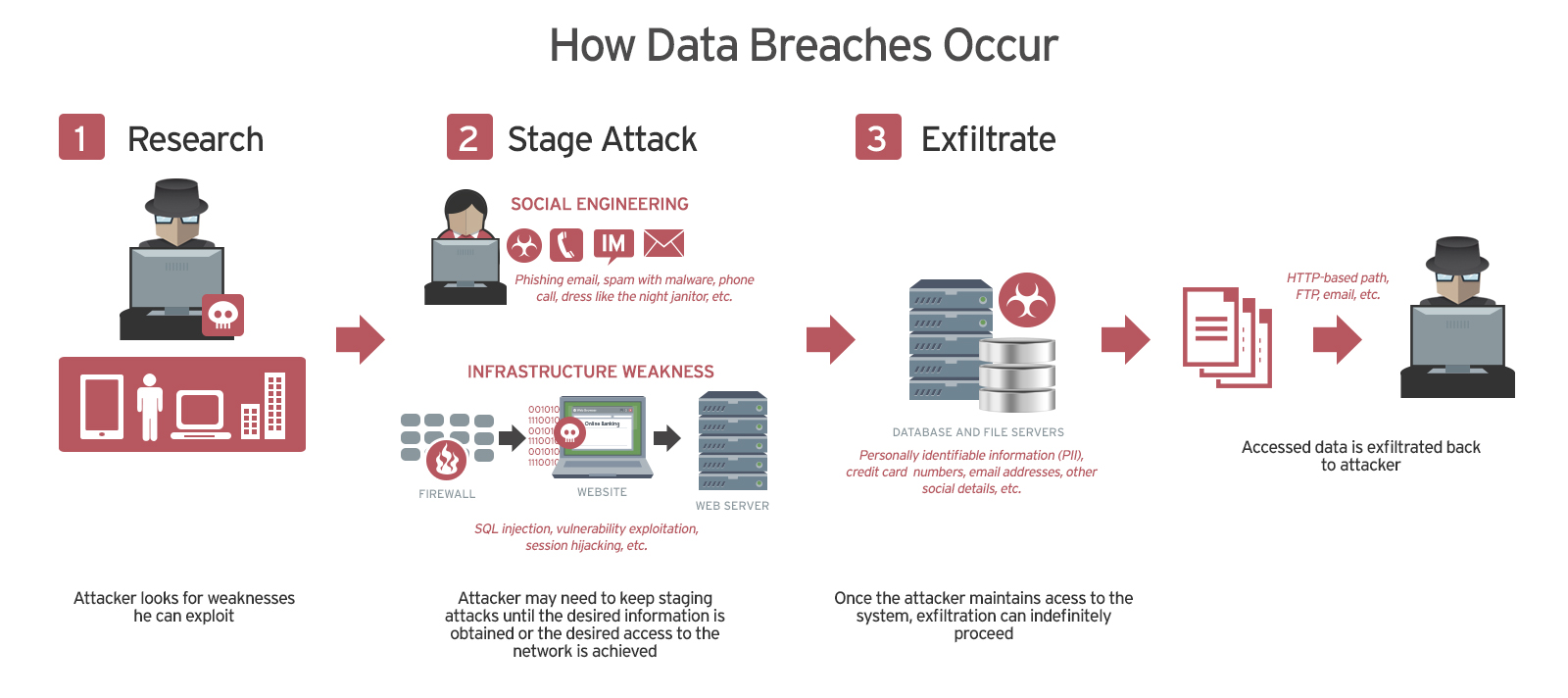Privacy Vs Security
Introduction:
As
we all know, the world is a global village now and the people, mostly the younger
generation are living in two worlds, the virtual world and the real world. In
fact, the interaction between the real world is becoming lesser than the virtual
world. People like more to talk through social media rather than face to face.
That’s why we are keeping records of our daily life through social networking.
We are giving these authorities to our friends and relatives but this
information is easy to obtain, share and download by any other person who is
interested in, and can take it without your permission. Now the biggest issue
is the privacy of our contents and posting. Marketers can also easily use this data to focus on
their market business and to advertise their product. As “Your digital foot print from your web surfing history to your
Facebook likes to your retweets to the videos you watch on YouTube are being
collected and you are being provided offers or being denied opportunities based
upon your digital activities. Is this fair or legal? (Shear, 2018) ”.
Most people think that security and privacy are the same things. But they are entirely different from each other.
Security:
When a hacker gains unauthorized access to a written language or protected coding of a site,
security issues occur. Security is about confidentiality, integrity, availability and non repudiation.
security issues occur. Security is about confidentiality, integrity, availability and non repudiation.
Those
who breaches site’s security network can easily access to the private
information of the user. How mush a user putting his/her information relates
with how much time a user spending on that site and how much information a user
is uploading on the site. The sites having huge amount of information to process are easy
to hack and may end up easily in the pool of biggest
breaches, if the software of that site has a single flaw in it. For example,
in video game, a player can get advantage or can give disadvantage to other player
if there is a flaw or bug in the game design.
Privacy:
The unwarranted
access to the private information, don’t necessarily cross the security
breaches, cause the issue of privacy. Privacy is all about PII . (Personal identifiable information). Networking
sites that invites user participation and providing open platform for
messaging, invitation, photo/video posting are suitable to gain the access of
private information. Sometimes it seems that this is the design of the social
network program that intend to gain private information, not a mistake in the implementation
of the social networking sites. A Facebook user that has 700 friends and following
80 groups is giving more information than a person who seldom uses this site. This is the responsibility of the user, not to share
over information. Address, phone number, full date of birth,
credit/debit card numbers and other private information should not be uploaded.
User must set their privacy controls. Limit your presence and just post those
things which you will not mind to tell/share with a stranger.
Why Your Password Suck...And How to make them Better
In
conclusion we can not have a social networking site free from security/privacy
risk. Using social network is a great fun but we should step wisely in the
world of strangers.
References
Micro, T.(Publisher). (n.d.). Data Breach - Definition - How
data breaches happen [Image]Retrieved from
https://www.trendmicro.com/vinfo/au/security/definition/data-breach
Shear, B. (2018, january 3). Top 5
Privacy & Security Issues For 2018. Retrieved from http://www.shearsocialmedia.com/2018/01/top-5-privacy-security-issues-2018.html
Vandy, K.(Publisher). (n.d.). Why Your Passwords Suck!....And How To Make Them Better[video] Retrieved from https://youtu.be/-Hzqwq9K6Ps

No comments:
Post a Comment